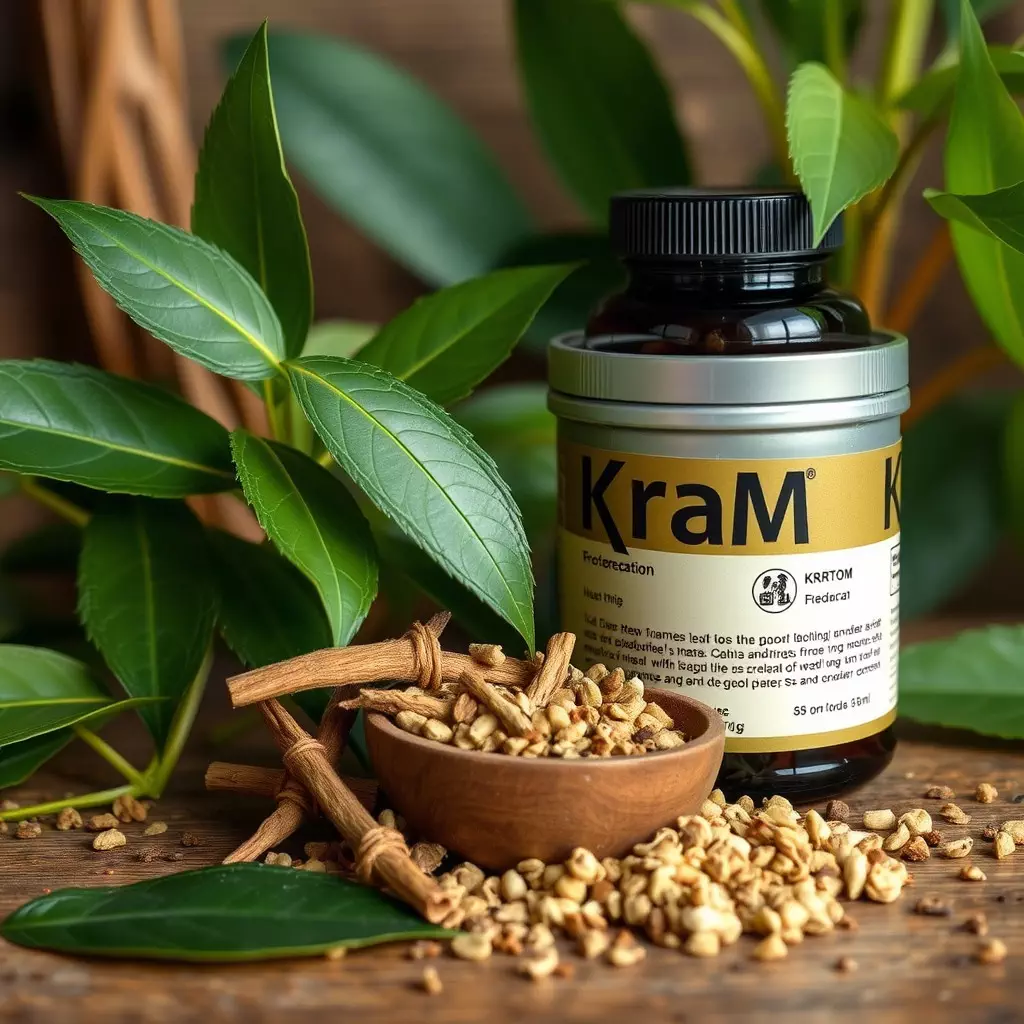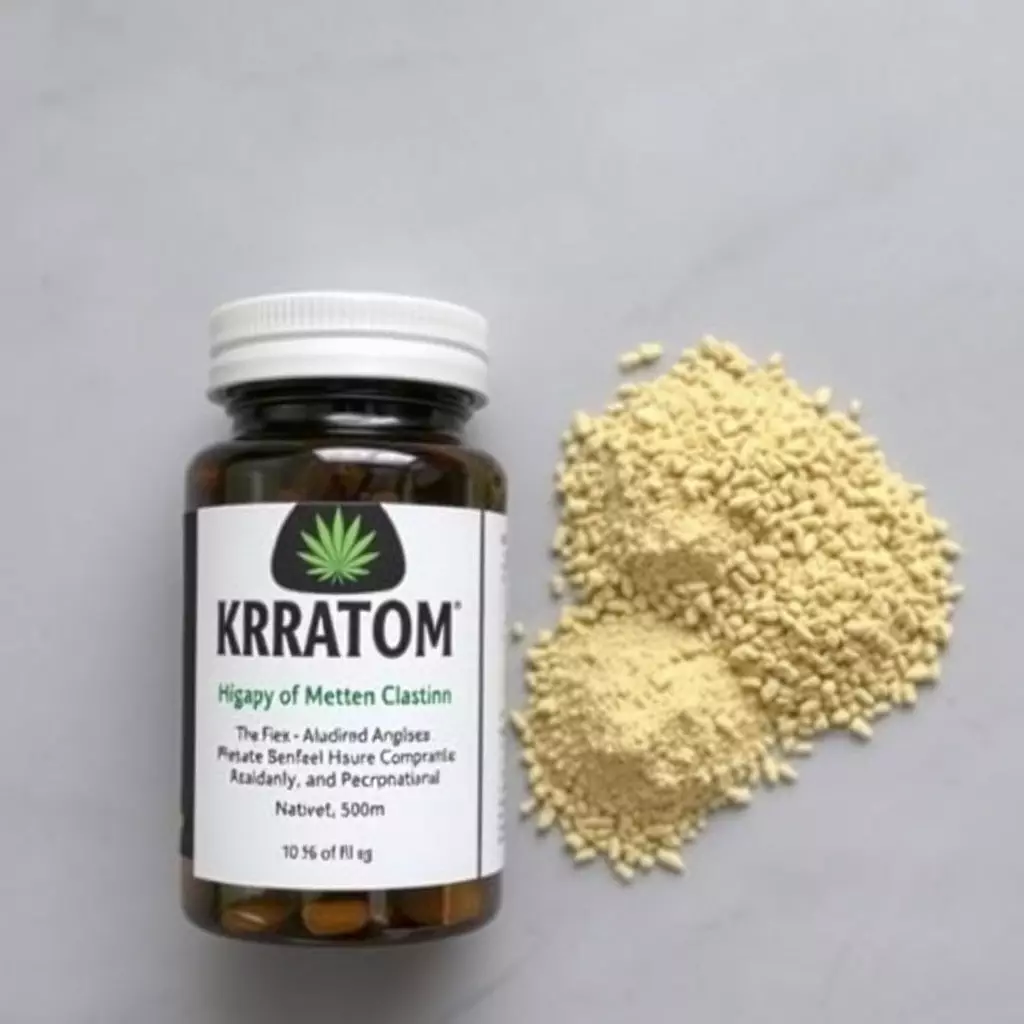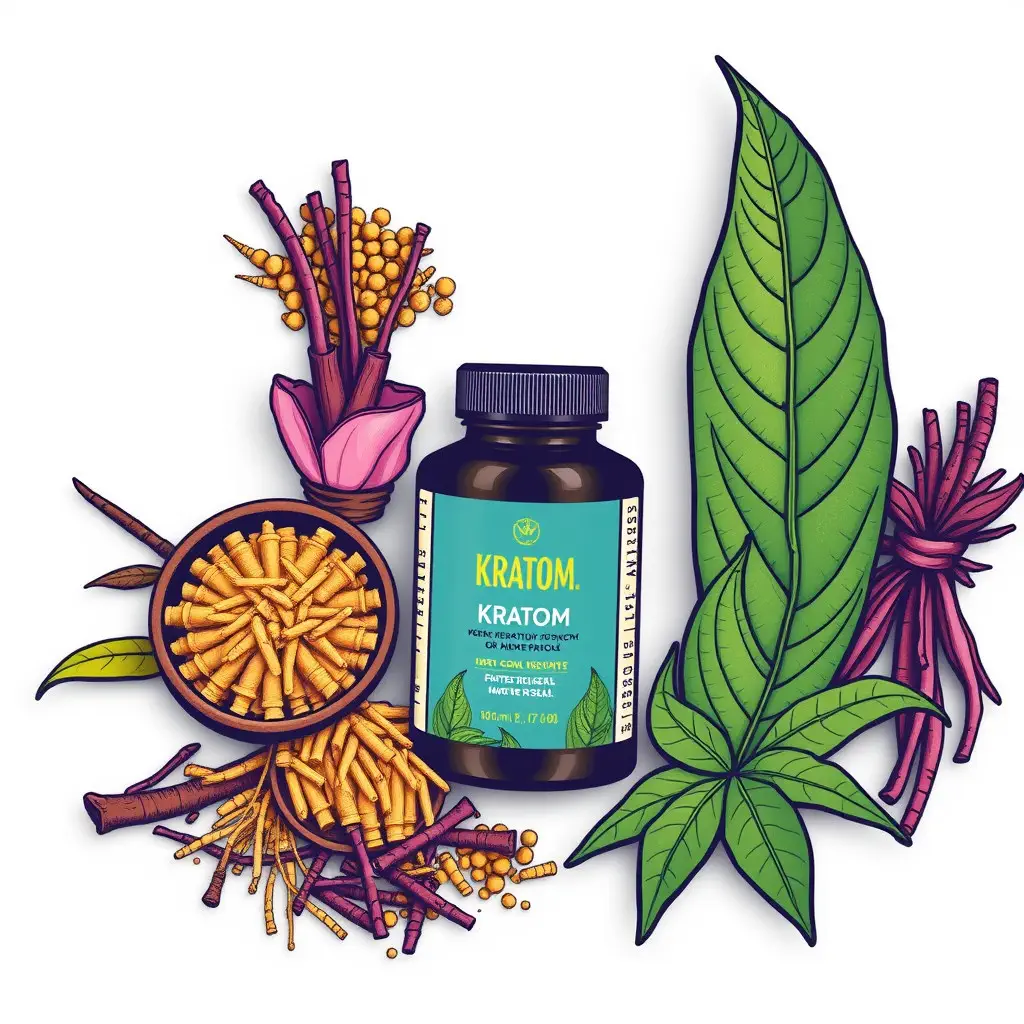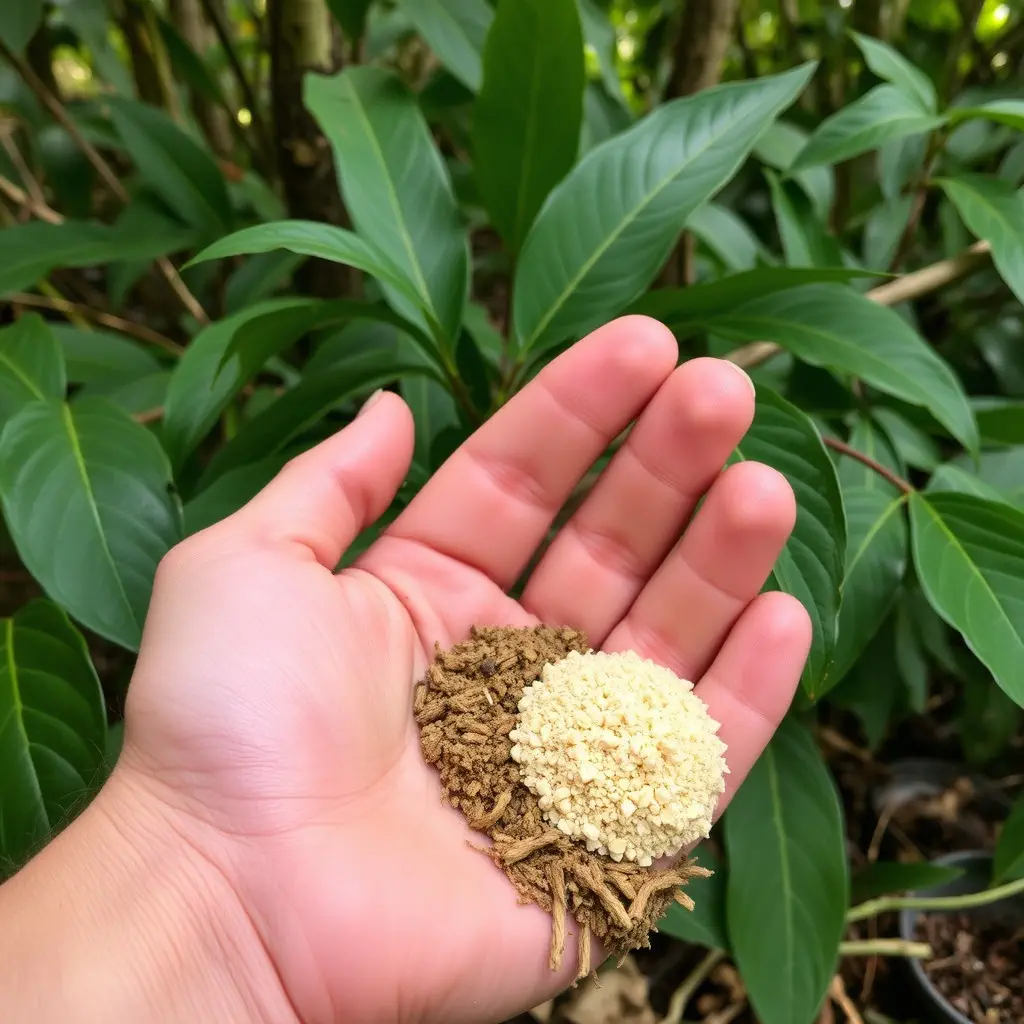Muscle soreness is common among individuals who engage in physical activities, and kratom, derived from Mitragyna speciosa leaves, has been proposed as a natural remedy for its management due to its active alkaloids, which may interact with opioid receptors to provide pain relief. In Arizona, the legal status of kratom is complex, as while it is legal at the state level as per the latest updates in 2023, local municipalities may have differing regulations. Therefore, it's crucial for residents to verify both state and local laws regarding kratom's use. When considering kratom for muscle pain relief, one should be cautious, adhere to recommended dosages, and consult healthcare professionals, especially if there are pre-existing health conditions or other medications are being taken. It's also important to integrate kratom with other recovery practices like hydration, proper nutrition, and restful sleep for optimal effects. Always stay informed about the legal status of kratom in your area, as regulations can change, and ensure that any use is compliant with current laws. For the most accurate and up-to-date information on kratom's legality in Arizona, individuals should consult local authorities or legal resources.
Muscle soreness can be a persistent companion for athletes, fitness enthusiasts, and individuals engaging in rigorous activities. Exploring effective relief strategies is pivotal for maintaining an active lifestyle. This article delves into the role of kratom supplements as a potential aid for muscle soreness relief. We’ll examine the legal status of kratom, particularly focusing on its standing in Arizona with keywords like “is kratom legal in Arizona?”. Additionally, we’ll outline practical strategies for harnessing kratom’s properties to alleviate discomfort post-exercise. Join us as we navigate the intersection of natural supplementation and muscle health.
- Understanding Muscle Soreness and Kratom's Role in Relief
- Exploring the Legal Status of Kratom in Arizona
- Effective Muscle Soreness Relief Strategies with Kratom Supplements
Understanding Muscle Soreness and Kratom's Role in Relief

Muscle soreness can be an acute or chronic condition affecting individuals from all walks of life, ranging from athletes to those engaging in everyday physical activities. The discomfort often arises from intense exercise, overuse injuries, or as a natural part of aging. Understanding the origin and type of muscle soreness is crucial for effectively managing pain. In this context, kratom, a botanical supplement derived from the leaves of Mitragyna speciosa, has garnered attention for its potential role in alleviating muscle pain and promoting recovery. Kratom contains various alkaloids, such as mitragynine and 7-hydroxymitragynine, which are believed to interact with opioid receptors in the brain, providing analgesic effects. As a result, it may offer relief from muscle soreness, thereby facilitating improved mobility and faster recovery times.
For those considering kratom for muscle soreness relief, it’s important to note the legal status of this supplement. Is kratom legal in Arizona? The answer is nuanced, as federal regulations categorize kratom as a Schedule I controlled substance, whereas Arizona has taken a different stance, allowing its sale and use within state lines. However, the regulatory environment can change, and it’s advisable to verify current local laws before incorporating kratom into any health regimen. It’s also essential to approach kratom supplementation with caution due to its potency and potential side effects. Users should adhere to recommended dosages and consult healthcare professionals for personalized guidance, especially if they are taking other medications or have underlying health conditions.
Exploring the Legal Status of Kratom in Arizona

Kratom, a plant native to Southeast Asia, has gained attention for its purported effects on pain relief and mood enhancement. As interest in kratom’s potential benefits grows, so does the curiosity about its legal status across different states within the United States. In Arizona, the debate surrounding the legality of kratom is an ongoing discussion. As of the knowledge cutoff date in 2023, kratom is technically legal in Arizona, following a significant legislative event that removed it from the state’s list of controlled substances in 2019. However, this status may be subject to change as local and federal regulations evolve. It’s important for consumers to stay informed on the latest legal developments related to kratom, as some municipalities within Arizona may have their own ordinances regarding its sale and use. Users interested in exploring kratom for muscle soreness relief should verify its current legal status before purchasing or consuming any products containing this supplement. This due diligence is crucial given the evolving nature of kratom’s regulatory framework and the potential for varying restrictions across different regions within the state.
Effective Muscle Soreness Relief Strategies with Kratom Supplements

Kratom, a plant originating from Southeast Asia, has garnered attention for its potential in providing muscle soreness relief. Its active compounds, mitragynine and 7-hydroxymitragynine, are believed to interact with the body’s opioid receptors, which may help alleviate pain. For individuals seeking natural alternatives to manage post-exercise discomfort, kratom supplements have emerged as a viable option. When considering its use, it’s important to be aware of the legal status of kratom in your region. In Arizona, for example, the legality of kratom is subject to change; as of recent updates, it remains legal at the state level, but its status can vary by municipality within the state. Users should always verify current local laws and regulations before incorporating kratom into their wellness routine.
Incorporating kratom for muscle soreness relief involves strategic selection of strains and careful dosing. Red vein kratom strains, for instance, are commonly used for their sedative and pain-relieving properties, making them a popular choice after intense physical activity or during recovery periods. The alkaloids in these strains may offer a soothing effect that can help manage soreness. It’s crucial to start with a lower dose to gauge individual sensitivity and gradually adjust as needed. Additionally, combining kratom with other recovery strategies, such as adequate hydration, proper nutrition, and restful sleep, can enhance its effectiveness in providing relief from muscle soreness. Always consult with healthcare professionals before beginning any new supplement regimen, especially if you have pre-existing health conditions or are taking other medications.
Muscle soreness can be a significant hindrance to an active lifestyle, often necessitating effective relief strategies. Kratom supplements have emerged as a potential solution for many, offering a natural approach to alleviating discomfort. With a growing body of interest in kratom and its legal status clarified particularly in Arizona—where it is deemed legal under certain conditions—individuals can explore this option within the confines of the law. The strategies outlined in this article provide a clear understanding of how kratom might be integrated into muscle soreness relief regimens, emphasizing the importance of dosage and frequency for optimal effects. As with any supplement, it is crucial to approach its use responsibly and in accordance with local laws, ensuring safe and effective use. For those in Arizona considering kratom for muscle soreness relief, understanding both its potential benefits and legal standing is essential.






